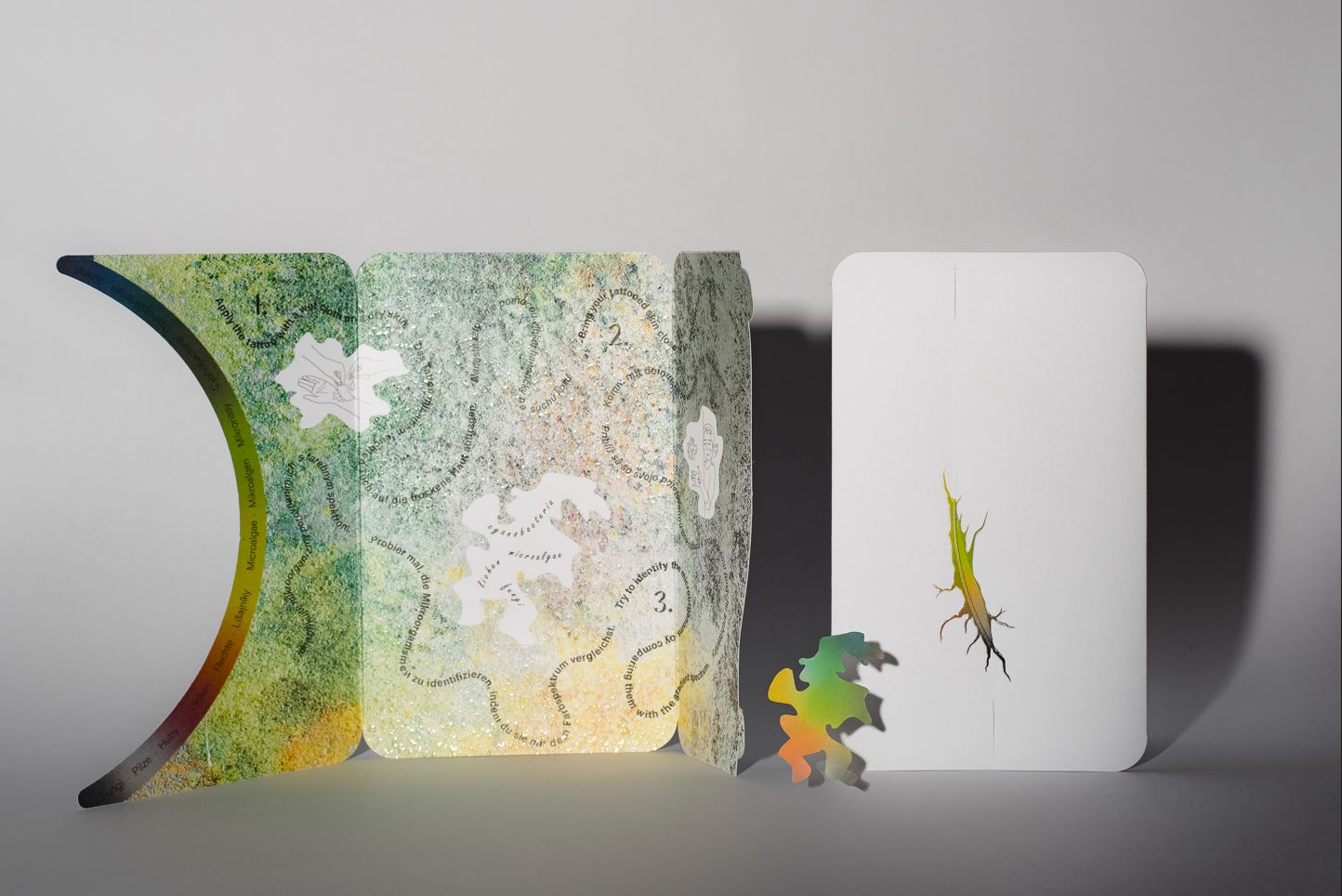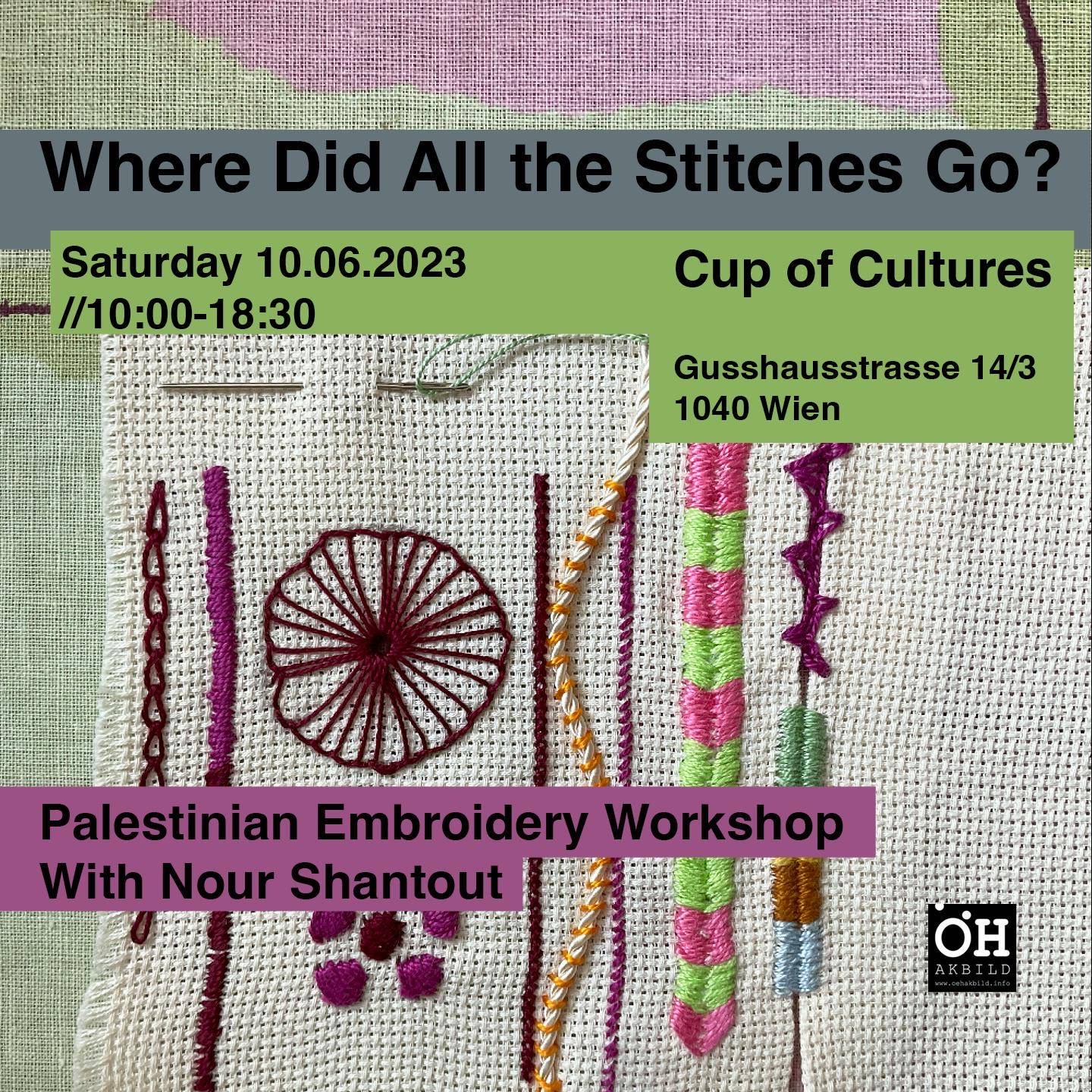Die Studienvertretung Doktorate hat im Sommersemester 2023 eine Projektförderung für kollaborative und Individualprojekte für Doktoratsstudierende der Akademie der bildenden Künste ausgeschrieben.
Gesucht wurde nach kritischen und neuartigen Zugängen zu Wissensproduktion in den Wissenschaften und in den Künsten in transdisziplinären Konstellationen.
Maximalfördersumme: 600 Euro
Es wurden 7 Projektanträge eingereicht. Alle Einreichungen wurden anonymisiert und von einer internen Jury bewertet. Vier Projekte erhielten letztlich den Zuschlag.
Geförderte Projekte
Biopatina Kit (by Adam Hudec)

The Biopatina Kit is an instrument fostering a deeper understanding of these thin layers and their regenerative role in the environment. It aims to detach its users from the anthropocentric worldview and provide an experience of non-human presence.
By enabling the observation and identification of microorganisms on facades through temporary tattoos and a color gradient, this designed tool striveso reinforce public awareness and foster the proliferation of microorganisms, exploring their growth for new cultural, visual, and sensual potentialities.
By organising public learning workshop with Biopatina Kit, the public could experience a new mode of engaging with their senses in the real world. Particularly appealing to the younger generation, the Kit key component is a temporary tattoo with a colourful, playful design, arousing artistic interest and promoting awareness. Rather than a literal representation of Biopatina, it symbolizes vibrant, underappreciated life, promising a more inclusive future, beyond surface conventions, embracing the wild, living and transforming.
Where Did All the Stitches Go? (An Embroidery Workshop With Nour Shantout)

Palestinian embroidery was historically done by women during their free time, for their own use, and learned from older women in their families. It was very much structured around marriage and the making of the trousseau. The 1948 Nakba and the subsequent wars have had a permanent impact on the economic and social conditions of Palestinians in the countries of asylum and under the Israeli occupation. This led to the emergence of embroidery as labour, it became a commodity and was alienated from the embroiderer’s body. Furthermore, many stitches that were practiced in historical Palestine disappeared, because the market needed to streamline processes, and teaching one stitches was much easier than teaching all of them. In this workshop, Nour Shantout will teach 10 different stitches and look at embroidery practices that dis-alienated the embroidery from the embroiderer’s body, namely in relation to protest.